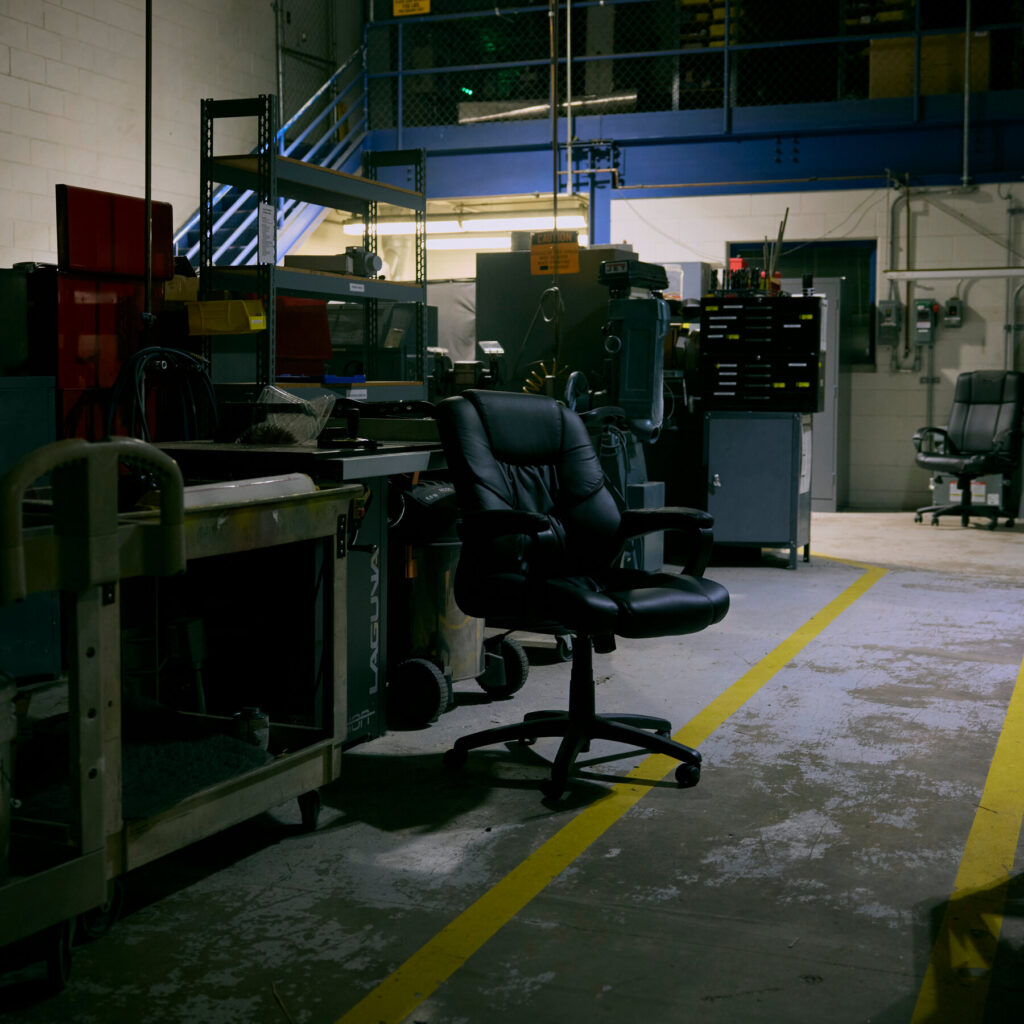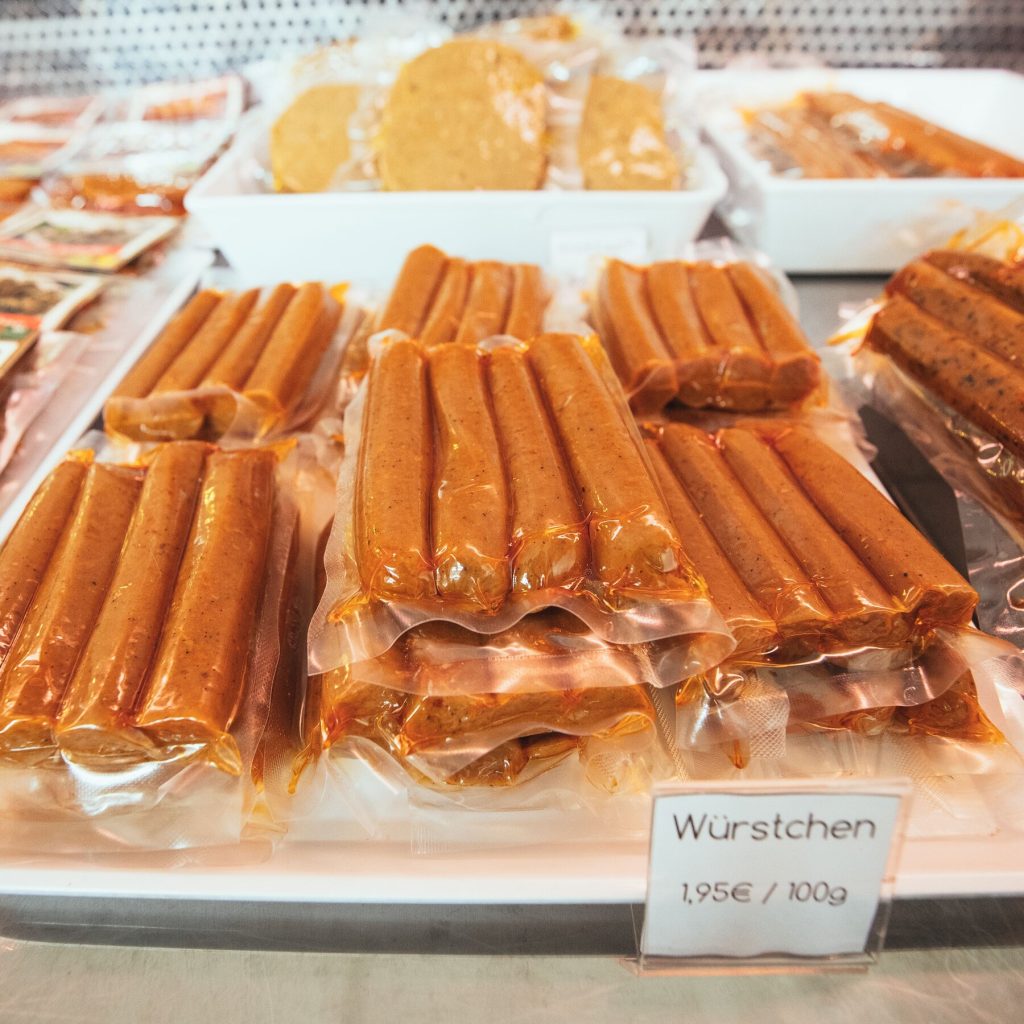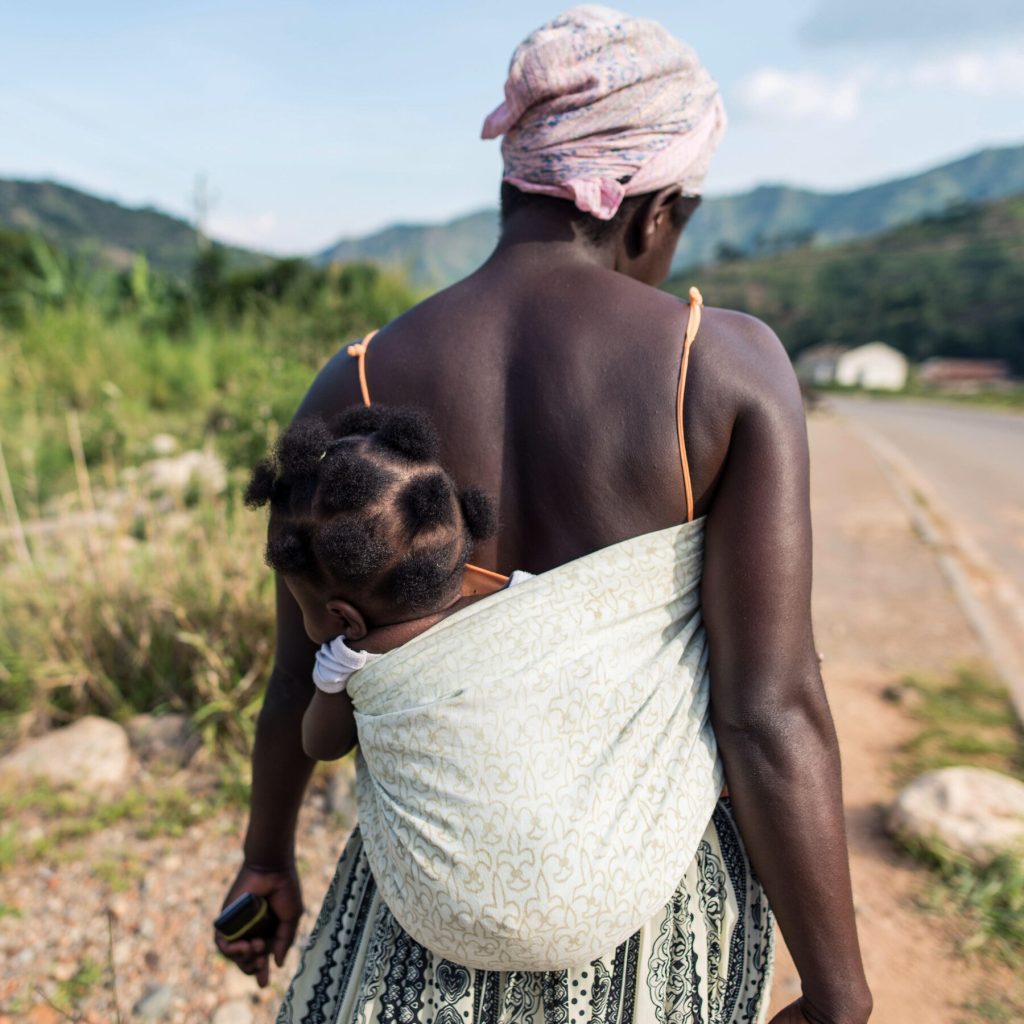A Closed Louisiana Plant Highlights the Obstacles to Bringing Generic Drug Production Back to the United States

Washington – The Trump administration’s pledge to “reshore” pharmaceutical manufacturing is running into a stark reality check in the Deep South. A once‑busy generic‑drug factory in St. Bernard Parish, Louisiana, has been idle for more than two years, underscoring the technical, economic and regulatory hurdles that any effort to revive domestic drug production must overcome.
The plant, which was operated by a mid‑size contract manufacturer that supplied low‑cost antibiotics, antihypertensives and anti‑inflammatory pills to a network of U.S. pharmacies, shut its doors in late 2022 after its parent company announced a strategic shift toward larger facilities overseas. At its peak, the facility employed roughly 250 workers and produced more than $150 million worth of medication annually.
“The closure was a perfect storm of factors that are common across the generic drug sector,” said Dr. Maya Patel, a health‑policy analyst at the Brookings Institution. “Rising labor costs, tighter margins, and the relentless pressure to source raw materials from countries like India and China make it difficult for U.S. plants to stay competitive without substantial government support.”
President Donald Trump has repeatedly called for a “Made‑in‑America” approach to pharmaceuticals, arguing that reliance on foreign suppliers leaves the nation vulnerable to supply disruptions and compromises national security. In a recent speech, he pledged tax incentives, streamlined permitting, and “fast‑track” FDA reviews for companies that bring production back onto American soil.
But the Louisiana shuttered facility illustrates why such promises are far from straightforward. The plant’s equipment, much of it dating back to the 1990s, would need a multi‑million‑dollar upgrade to meet today’s Good Manufacturing Practice (GMP) standards. Moreover, the site is located in a region prone to flooding, a risk that would require costly infrastructure improvements before any new investment could be justified.
“The capital needed to modernize a plant of this size runs into the tens of millions,” noted James Liu, senior vice president of operations at a competing overseas manufacturer. “Even with tax breaks, the return on investment simply doesn’t match the cheaper labor and bulk raw‑material costs available in places like India.”
Supply‑chain analysts also point to the fragmented nature of the U.S. generic drug market. Unlike the consolidated production lines of major brand‑name drugs, generic manufacturers often operate on razor‑thin profit margins, relying on volume and low overhead. This makes it difficult for domestic producers to achieve economies of scale without government subsidies that would likely face intense political scrutiny.
The closure has had tangible effects on the local community as well. Unemployment in the parish rose by 1.8 percentage points in the months following the plant’s shutdown, and local officials have warned that the loss of a reliable tax base could hamper public services. “We understand the broader policy goals, but our immediate concern is getting people back to work,” said Mayor Carla Dupont of the nearest town, Morgan City.
Federal officials, meanwhile, are cautiously optimistic. The Department of Commerce has announced a pilot program that would provide low‑interest loans and technical assistance to “strategic” drug manufacturers willing to relocate or expand in the United States. The program, slated to begin in early 2026, will prioritize facilities that produce essential medicines listed on the Strategic National Stockpile.
Industry groups, such as the Generic Pharmaceutical Association, have called for a more nuanced approach, suggesting that incentives be paired with investments in workforce training, research and development, and supply‑chain resilience. “We need a holistic strategy that addresses not just the plant’s bricks and mortar, but also the talent pipeline and regulatory pathways,” said the association’s president, Dr. Elena García.
As the debate continues, the silent, rust‑stained corridors of the Louisiana factory stand as a tangible reminder that reviving domestic generic drug production will require more than rhetoric. It will demand coordinated policy action, substantial private investment, and a realistic appraisal of the competitive landscape that has, for decades, driven most low‑cost medicines to be produced abroad.





